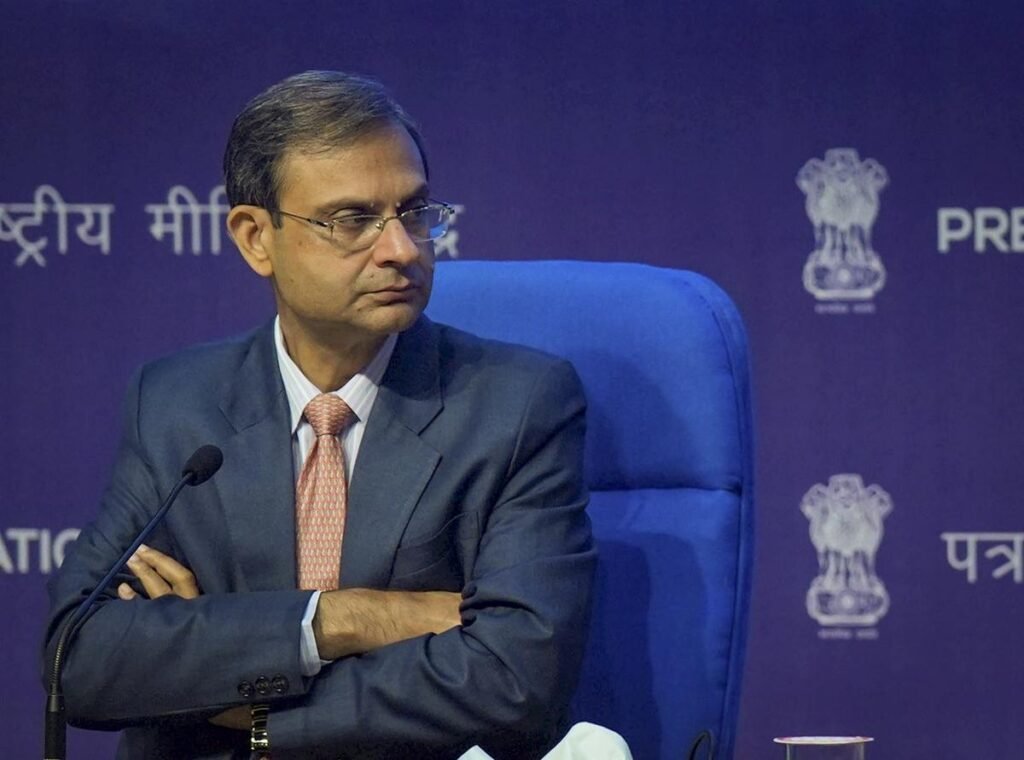
India’s government has appointed Sanjay Malhotra as the new Governor of the Reserve Bank of India (RBI) to address mounting economic concerns, including slowing GDP growth and rising inflation. Malhotra, a 1990-batch Indian Administrative Service (IAS) officer from the Rajasthan cadre, will begin his three-year tenure this week, succeeding Shaktikanta Das.
Economic Context
The change in leadership follows a sharp decline in India’s GDP growth, which dropped to 5.4% in the July-September quarter—the slowest in nearly two years. Inflation breached the RBI’s upper target band of 6% in October, prompting public criticism from key ministers over the central bank’s reluctance to lower interest rates. Finance Minister Nirmala Sitharaman and Commerce Minister Piyush Goyal have voiced concerns about high borrowing costs and the RBI’s focus on rising food prices in its interest rate policies.
Outgoing Governor’s Legacy
Shaktikanta Das, praised for his steady management of India’s currency and financial regulation, faced mounting political pressure over his hawkish stance on interest rates. On his final day in office, Das expressed gratitude to Prime Minister Narendra Modi, Sitharaman, and Team RBI for their support during global economic challenges. He wished the institution continued success in fostering financial stability.
Sanjay Malhotra’s Profile
Malhotra brings over 33 years of administrative experience, including leadership roles in finance, power, IT, and taxation. A Computer Science graduate from IIT Kanpur, he also holds a Master’s in Public Policy from Princeton University. Before his current role as Revenue Secretary in the Ministry of Finance, he served as Secretary in the Department of Financial Services and as Chairman and Managing Director of Rural Electrification Corporation Limited.
Expectations for the New Governor
Known for his expertise in finance and taxation, Malhotra has contributed significantly to shaping India’s tax policies. At a recent event, he emphasized the need for tax officials to prioritize broader economic interests over revenue collection. Analysts anticipate that his leadership will bring a balanced approach to monetary policies, potentially paving the way for interest rate cuts early next year.
With a robust educational background and extensive experience, Malhotra’s tenure is expected to focus on addressing India’s economic challenges while ensuring stability and growth.